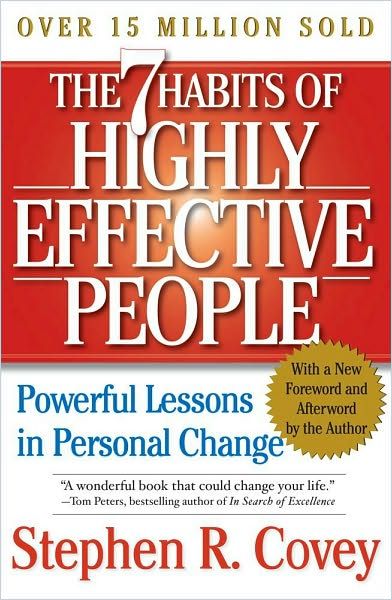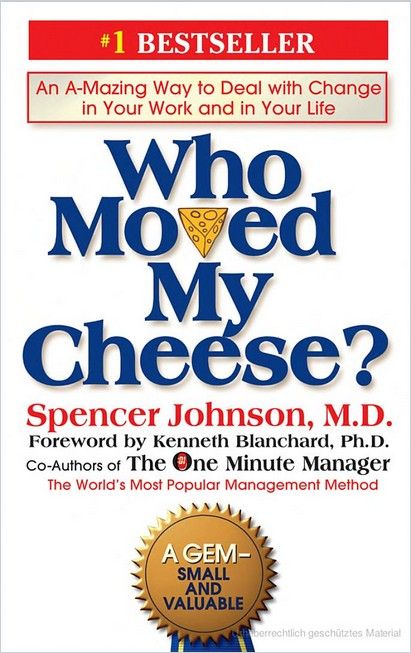A Word about Bad Books

Aldous Huxley once wrote, “A bad book is as much of a labor to write as a good one; it comes as sincerely from the author’s soul.” Well, alas, that’s true – but with apologies to authors’ souls, there are still bad books everywhere. Heed these warning signs:
Numbers in the Title
Seven Habits worked so well for Stephen R. Covey, and Jordan Peterson had a blockbuster with 12 Rules for Life, but that doesn’t mean that every advice book needs to enumerate its principles. Try to determine if an author really set out to change the world with 10 Commandments (well, yes, He did), or if the author had a pretty good chunk of business advice to share and some agent or publisher said, “We’d buy that if it were a numbered list, you know, like that habits thing.” If the numbering seems forced, just try to ignore it.
Intense Internal Explanations
If the author keeps telling you what he or she is trying to tell you, and why, over and over, you’ve got 200-plus sheets of paper in hard covers – or quite a tidy stack of bytes – without a clear mission. Most business books are edited – alas – to have some repetition. They will tell you what they are going to tell you, and then tell it to you, and then recap what they’ve told you. So, you can grant them three hits as the unfortunate norm (note: usually the intro round is the most succinct). If the “why we are here” and “what we are teaching” chords build to a bigger crescendo than that, click on over to your next Kindle. If the author isn’t confident that his or her reason for living is, at a bare minimum, clear to the reader, you aren’t going to learn much.
Same Song
Some authors are so well loved, and so well established, that they can write pretty much the same book over and over. You know who you are. Their devoted fans know the main premise of their books and, as far as we can tell, are mostly seeking reassurance. That leaves abstracters digging for any faint new gem buried in this year’s hot release, but that’s our problem. If you remember at Thanksgiving dinner that dear old Uncle Nate told the same baseball story last year, and the year before, and the year before that – but you enjoy it anyway, because, well, that’s Nate, then these turkeys won’t bother you at all. Pass the gravy.
Buzzword of the Year
Some popular concepts have a genuine, important place in management, and some have just become tired tropes. Agility. Lean. Mindfulness. Sustainability. Their value is clear, but the value of how they are written about depends on the knowledge and skill of the author, and whether he or she were among the first several dozen writers (we hesitate to say “thought leaders;” that’s so 2015) to explain agility, or among the subsequent hundreds to pluck the same string. Having a business that is agile, lean, sustainable and mindful is obviously a wonderful goal. But dragging the word “mindful” into a book’s title by its shirttail doesn’t add value unless the book truly has something useful or, on a good day, fresh, to say about how to run an actually mindful business.
Meaningless Titles
Some titles do not mean what they say. When Brian Tracy wrote Eat That Frog, he was not suggesting a dinner of frog legs with lemon butter. Spencer Johnson’s Who Moved My Cheese is not, in fact, about who stole the leftover cocktail party Brie from the breakroom fridge. However, those particular meaningless titles were metaphors the authors explained successfully in their subheads and sustained to good effect throughout their best-selling texts. This is rarely the case. In fact, the success of a few such clever, if obscure, titles led to a raft of imitators based on various critters, cuisines and clichés. If you see Don’t Move My Frog on the shelf, just hop along.
Long, Long, Long Subheads
As noted with cheese and frogs, an explanatory subhead is a good thing – but not if it takes up half the cover. The current fad in extremely lengthy subheads suffers from the “intense internal explanation” problem (see above), only it’s external now. The 25-word subhead doesn’t afflict just the reader of the book, it afflicts everyone in the airport bookshop who’s trying to grab a quick, fun or useful read without missing the plane. A book’s title and a reasonable subtitle should throw you a lifeline with a hook that tells you this book holds exactly what you want to learn or enjoy on your way to Chicago or wherever your final destination may be.








